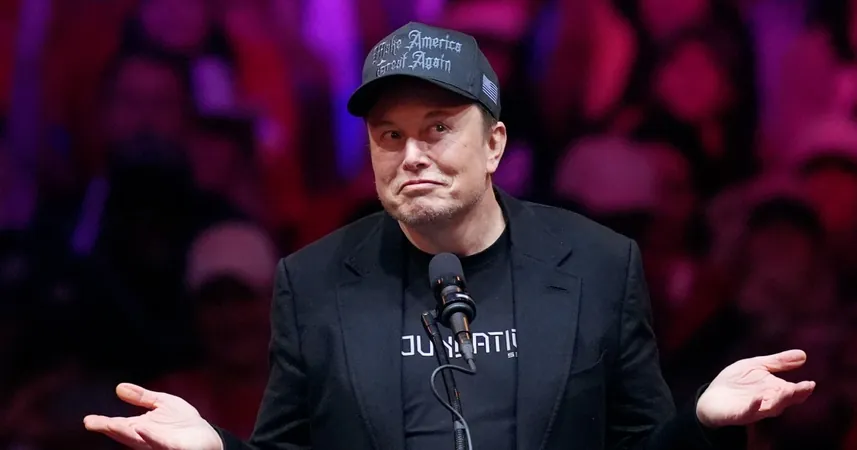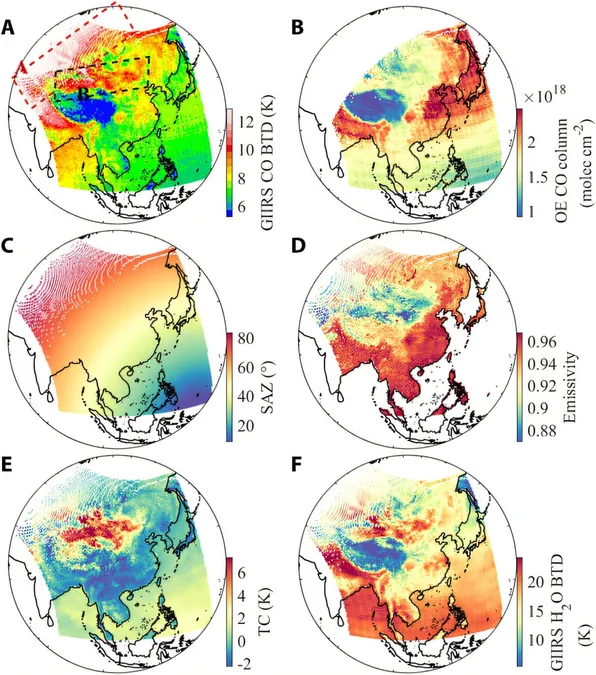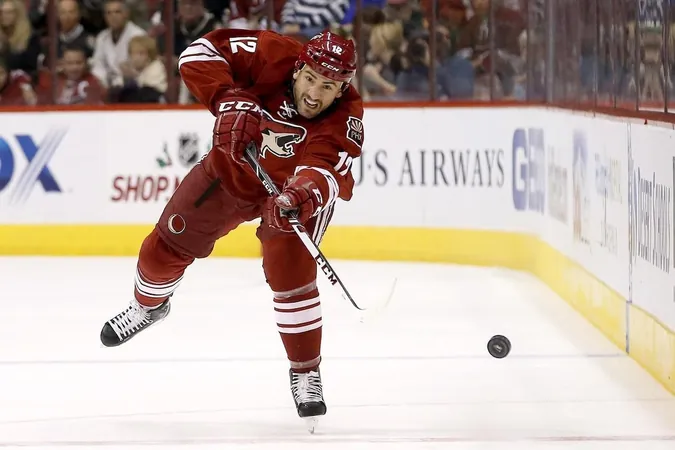
Judge Strikes Down Musk’s $101 Billion Pay Package Despite Shareholder Backing: What It Means for Tesla
2024-12-03
Author: Olivia
Judge Strikes Down Musk’s $101 Billion Pay Package Despite Shareholder Backing
In a surprising twist of events, a Delaware judge has once again blocked Tesla CEO Elon Musk from receiving a monumental $101 billion compensation package, even after shareholders overwhelmingly expressed their desire to reinstate it. The decision, delivered on Monday by Chancellor Kathaleen St. Jude McCormick of the Delaware Court of Chancery, affirmed previous rulings indicating that Tesla’s board was too closely aligned with Musk and failed to protect the interests of its shareholders.
Chancellor McCormick emphasized that the legal landscape does not permit a reversal of her ruling, cautioning that if courts were to accept such practices, it would lead to endless litigation as 'defeated parties create new facts' to challenge judgments. In her extensive 103-page opinion, McCormick criticized the legal arguments presented by Musk’s defense team, asserting that the theories proposed contradict established legal precedents.
Material Misstatements and Market Reaction
Crucially, McCormick also uncovered that Tesla had provided 'material misstatements' to shareholders regarding the implications of their vote on Musk's compensation. Following the ruling, Tesla shares dipped by 1.4% in after-hours trading, reflecting investor concerns about the ongoing tumult within the company.
Legal Fees and Shareholder Support
The court's decision further included a rejection of a $5 billion fee request from the plaintiffs' lawyers representing Richard Tornetta, a Tesla shareholder who initiated the lawsuit. Instead, the judge granted a far lesser amount of $345 million, raising questions about the financial implications of legal actions against corporate boards.
Despite earlier rulings against Musk's pay package, shareholders had voted in June to restore it, displaying a strong show of support. However, Tesla has announced its intention to appeal the ruling, labeling the court's decision as 'wrong.' In a defiant statement on the social media platform X, the company argued that the ruling undermines the authority of shareholders and grants undue power to attorneys and judges over corporate governance.
Musk's Response and Broader Implications
Musk echoed these sentiments, using the platform to advocate for shareholder control over corporate voting, while controversially describing Chancellor McCormick as an 'activist posing as a judge.' This ongoing legal saga not only highlights tensions between Musk, his shareholders, and judicial oversight but also raises profound questions about the balance of power in corporate governance.
Future of Executive Compensation
Under the terms of Musk's original 2018 compensation agreement, he opted to be compensated through stock options tied to the company’s performance rather than a traditional salary. His success in achieving critical performance metrics—including market capitalization, earnings, and sales—has solidified his status as the world's richest individual, but the path to accessing his reward has become riddled with difficulties in the face of legal scrutiny.
As the appeal process looms, the implications for Tesla and Musk's future remain uncertain. Will this high-profile legal battle redefine how executive compensation is structured and overseen in the modern corporate landscape? Only time will tell.









 Brasil (PT)
Brasil (PT)
 Canada (EN)
Canada (EN)
 Chile (ES)
Chile (ES)
 España (ES)
España (ES)
 France (FR)
France (FR)
 Hong Kong (EN)
Hong Kong (EN)
 Italia (IT)
Italia (IT)
 日本 (JA)
日本 (JA)
 Magyarország (HU)
Magyarország (HU)
 Norge (NO)
Norge (NO)
 Polska (PL)
Polska (PL)
 Schweiz (DE)
Schweiz (DE)
 Singapore (EN)
Singapore (EN)
 Sverige (SV)
Sverige (SV)
 Suomi (FI)
Suomi (FI)
 Türkiye (TR)
Türkiye (TR)